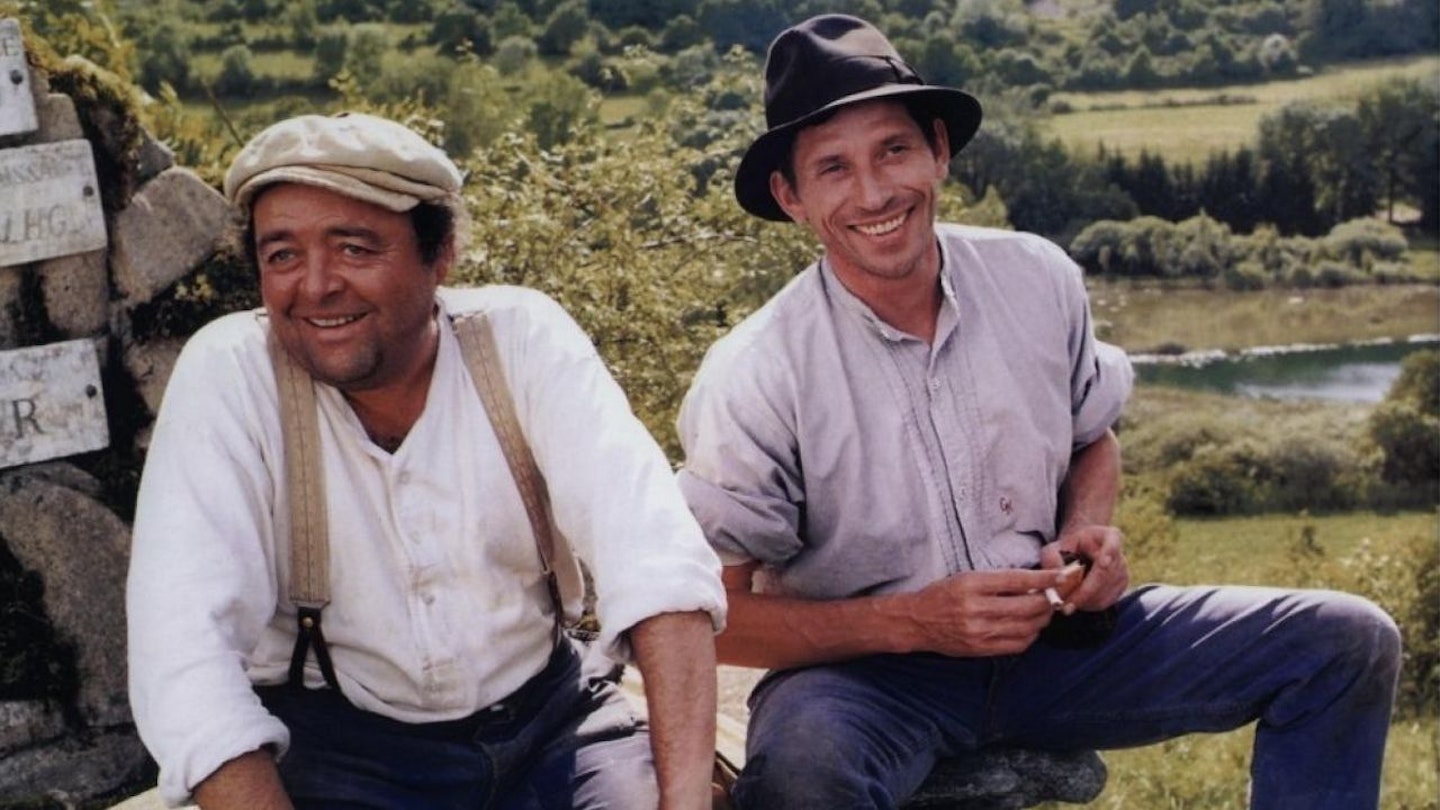Critics are notoriously harsh on home-grown heritage pictures. But in France, it's almost a matter of honour to castigate anything that smacks of the Tradition Of Quality. Especial ire seems to be saved for literate adaptations that succeed overseas, including arthouse classics, Jean De Florette and Manon Des Sources.
This addition to this costume hall of shame is Jean Becker's paean to '30s rural simplicity, although it's only crime is to be a charming story, beutifully told. Scripted by Sebastian Japrisot, who also wrote Becker's One Deadly Summer) from the novel by Georges Montforez, this amiable comedy is nostalgic, but it's hugely cinematic in an old-fashioned manner that goes some way to reinforcing its period feel.
Scarred by his experiences in the trenches, Garris (Gamblin) settles in a shack in the Marais to ponder his future. A dozen years later, he's still there, taking odd jobs and keeping the bibulous Riton (Villeret) out of trouble. However, not even he can prevent the bar-room brawl that lands boxing champ Jo Sordi (Eric Cantona) in the cell, where he plots his deadly revenge.
While it's easy to be cynical about the whimsical tone of this idealised study of friendship and a bygone way of life, it's impossible to carp at the sincerity of the acting. Fresh from his triumph in Le Diner De Cons, Villeret excels as a self-pitying peasant and there's a quiet pride about Gamblin's loyal labourer. However, it's the exemplary supporting cast that stands out, notably Dussolier's culture-loving bourgeois and Serrault's crusty millionaire.
Disappointingly avoiding the weightier themes it raises, this may be a slight portrait of Douce France. But its fond charm is almost irresistible.
